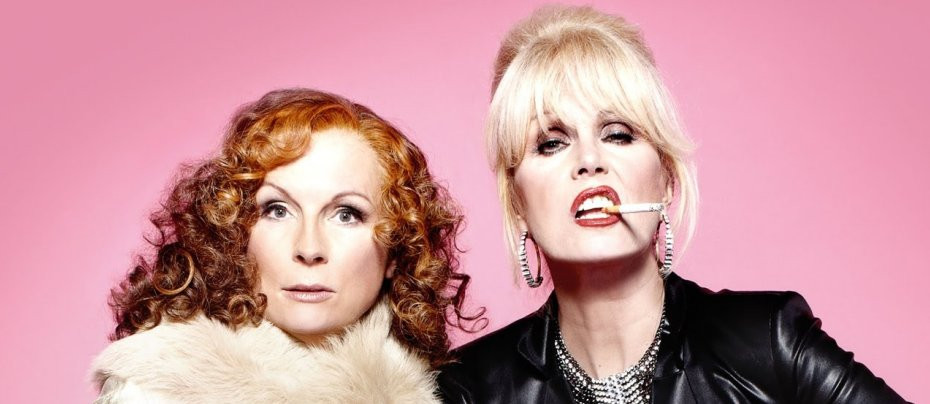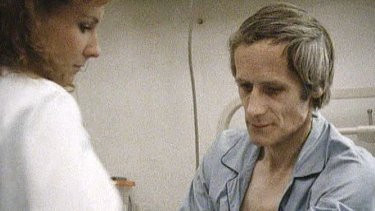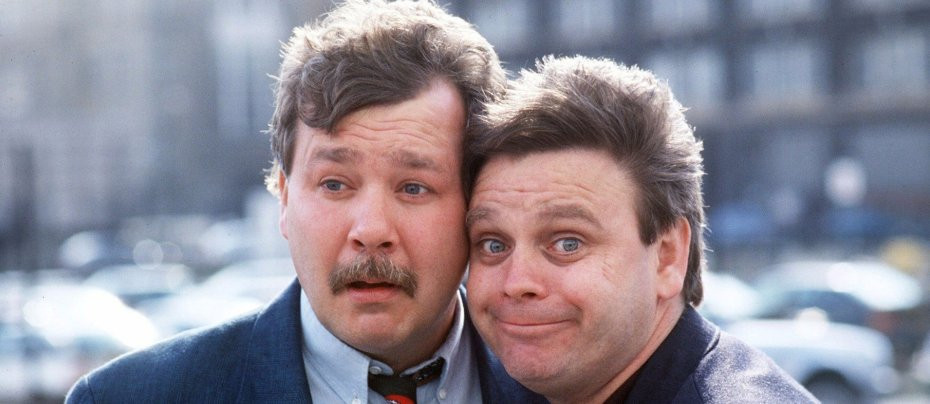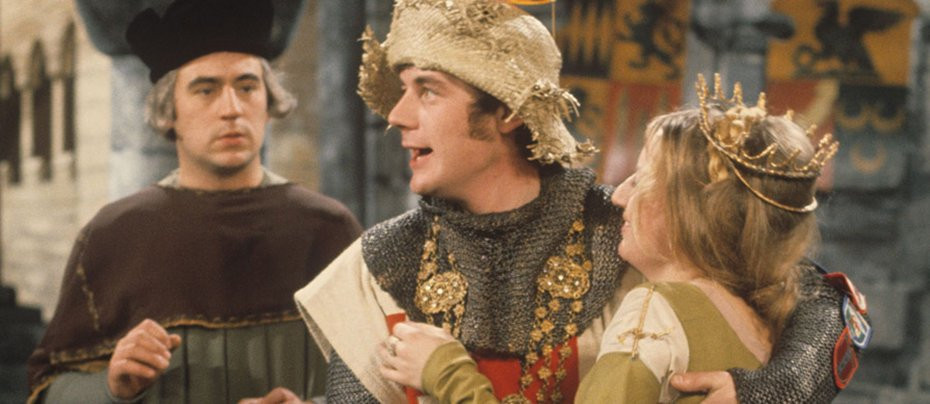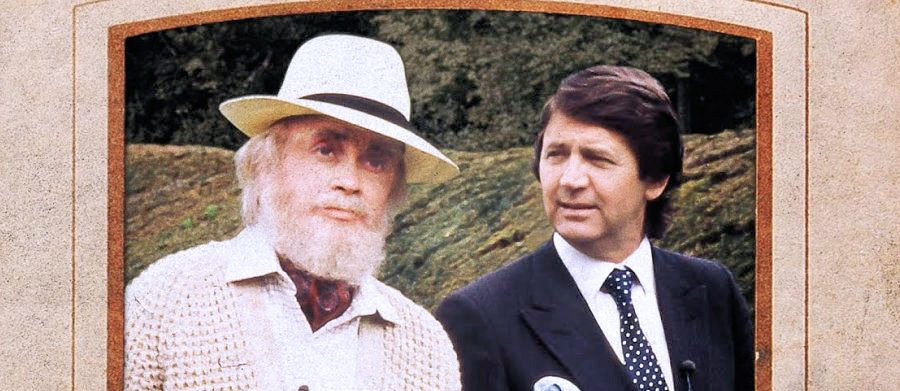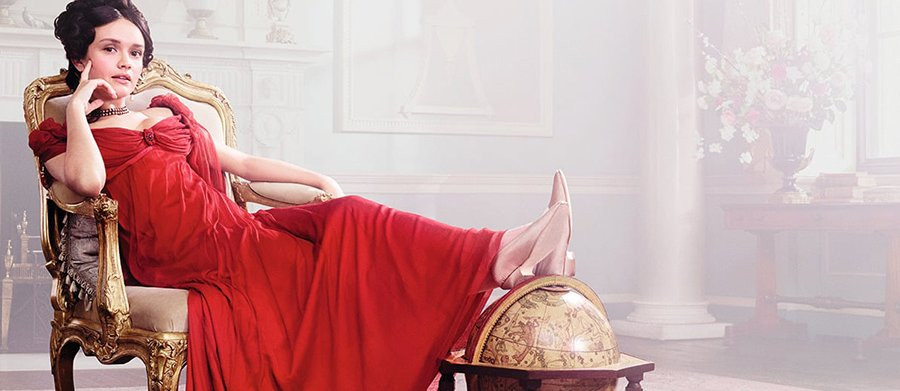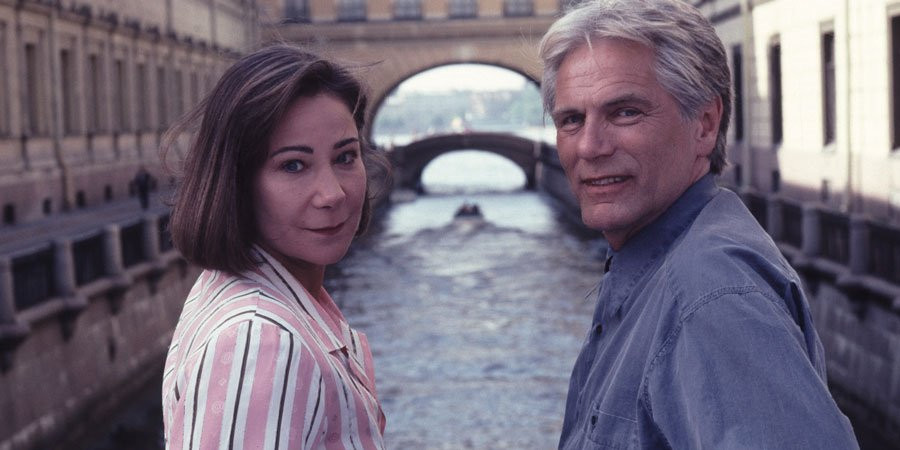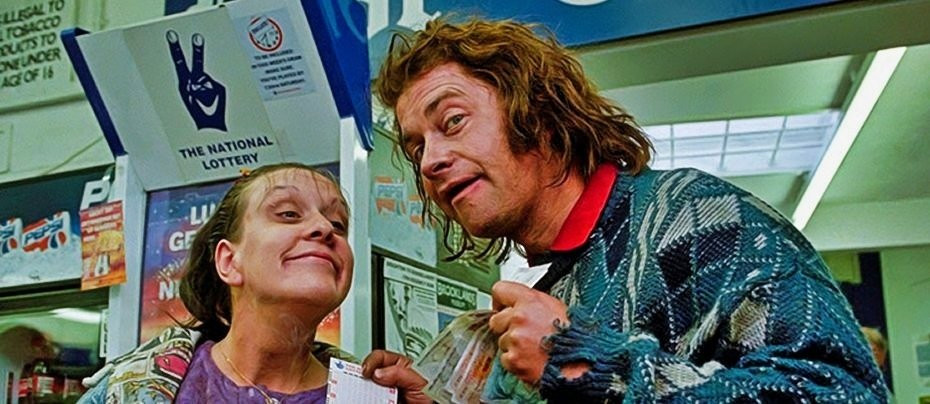
Harry Enfield’s Television Programme
1992 - United Kingdom“If catchphrase quotes are a measure of comedy sketch show success, Harry Enfield’s Television Programme must have hit a new high”
Review by Brian Slade
Comedy sketch shows don’t always hit the ground running when first aired and those that do can quickly outstay their welcome. In 1990, the immediate success of Harry Enfield’s Television Programme ensured a generation of viewers were instantly repeating catchphrases and mastering impressions of a whole range of comedy creations in a show that managed to score a hit with almost every sketch.

Harry Enfield himself first really came to television audiences as a guest spot on Saturday Night Live, later renamed Friday Night Live, in the mid-80s. The mixture of music, edgy stand-up and sketch comedy in front of a live studio audience made Ben Elton a household name and offered a range of new comedians including Stephen Fry and Hugh Laurie, along with Enfield. Enfield’s stand-up routine was in character, most notably Loadsamoney, a plasterer who waved his wads of cash around, and Stavros, a Greek kebab shop owner who often commenced his monologue with ‘Hello everybody peeps,’ with his broken English. The two characters were a big hit and it was not long before the BBC came calling.
Enfield put his writing talents to good use within Harry Enfield’s Television Programme as along with stalwart partners Paul Whitehouse and Kathy Burke, he created a parade of characters that would make an instant impression on the viewing public.
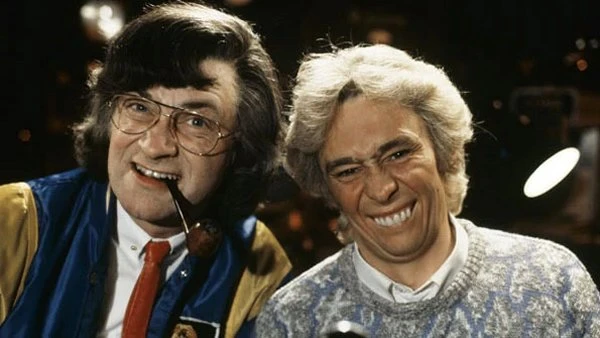
For the most part, but not exclusively, the successful characters were double-act ones. Taking centre stage initially were Smashie and Nicey, two corny disc jockeys played by Enfield and Whitehouse and based on an array of veteran BBC DJs. They would play Bachman-Turner Overdrive and talk to one another in a mass of clichés, always calling one another mate and often referring to things being poptastic or reflecting on ‘a little bit of charity’ they had done.
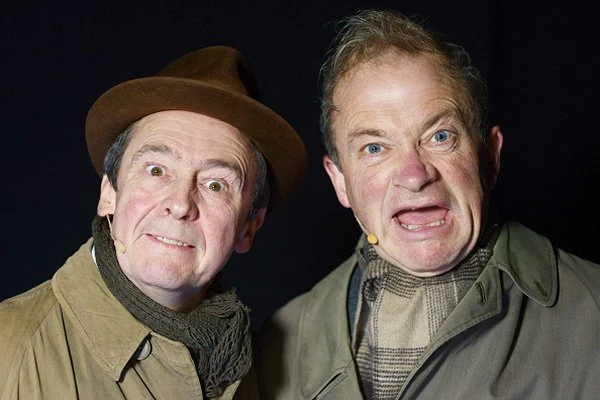
The pair also played elderly characters who couldn’t have been any further from being ‘nicey’ – the Old Gits. Alf and Fred were repulsive people. They hated everybody, were tight-fisted as it gets, taking delight even in how they would repel all begging letters after they won the lottery, and were only seemingly happy when they saw others suffer misfortune – especially if they had a hand in dishing it out.
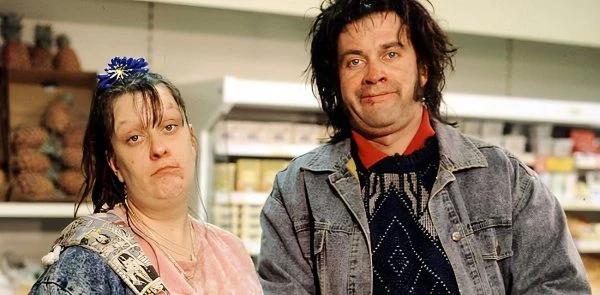
Enfield’s other partner in comedy, Kathy Burke, also frequented successful double-act characters. Wayne and Waynetta, mostly known simply as The Slobs, were a lazy, dirty couple who begin to raise a family in their filth. They do everything a prospective parent shouldn’t, Waynetta getting particularly agitated if forced to put out her cigarette at any point. Woefully non-PC, their brood expands from first child Frogmella to a multitude of mixed-race children after Wayne has an unlikely affair with model Naomi Campbell.
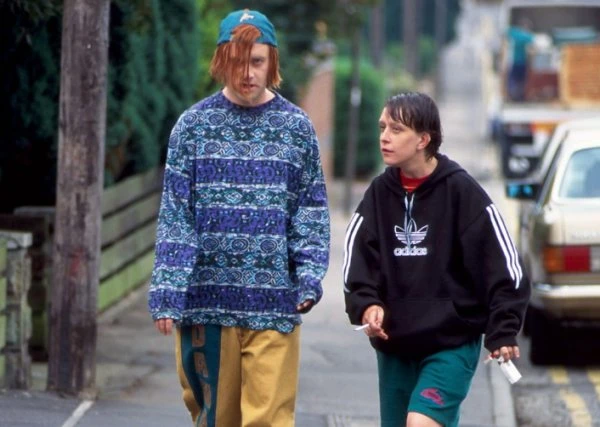
Perhaps the most famous Enfield & Burke combination though came in the form of Kevin and Perry. Kevin is the ultimate moody teenager, who overnight goes from a perfectly well behaved and good mannered 12-year-old to a repulsive, disrespectful teenager who hates his parents and considers every occasion where he doesn’t get his way to be ‘so unfair’. Perry is his best friend, slightly more respectful as he always refers to Kevin’s parents as Mr and Mrs Patterson. The pair were eventually spun off into a movie, Kevin and Perry Go Large, as the two go on holiday with the express desire to lose their virginity and successfully sell their new track, All I Wanna Do Is Do It.
Enfield did produce plenty of solo successes. Tim Nice-but-Dim is a well-to-do idiot. He is ignorant of most things around him in his upper-class world, but too simple to fully appreciate that those around him are taking advantage of him.
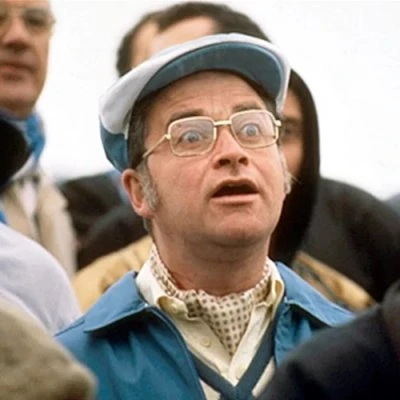
But perhaps the most successful of the first series creations came with the most quoted catchphrase – ‘you don’t want to do it like that!’ He was a middle-aged know-it-all who dispensed unwanted advice on every possible subject shortly after announcing his arrival with ‘Only me’. His unwanted advice would start with ‘you don’t want to do it like that…’ after which he would impose an alternative option to whatever he was interfering with. An inevitable calamity would normally befall the recipient of his unwanted guidance and he would judgementally tut, saying ‘I don’t believe you wanted to do that’ before leaving the chaos he had created.
Subsequent series would yield new characters and say goodbye to others. Enfield and Burke would pair up once again as two randy old ladies who sexually harassed any male that moved, creating double-entendres where there were none and lustfully chastising their potential victims with an uncomfortable, ‘ooh, young man.’ Whitehouse would have a solo spot playing Nosey Neighbour, a Michael Caine spoof peeking from around the net curtains. And then there was Harry and Lulu. Enfield played a bullying toddler who continually victimised his new baby sister (Burke) within an outsized set before inevitably denying all knowledge of the source of the tears flowing from Lulu.
Enfield was generous with his co-stars. As Burke joined him in the Kevin and Perry movie, Whitehouse went with Enfield’s blessing into The Fast Show, while in its final two years the programme was renamed Harry Enfield and Chums to reflect the large part his co-stars played in its success.
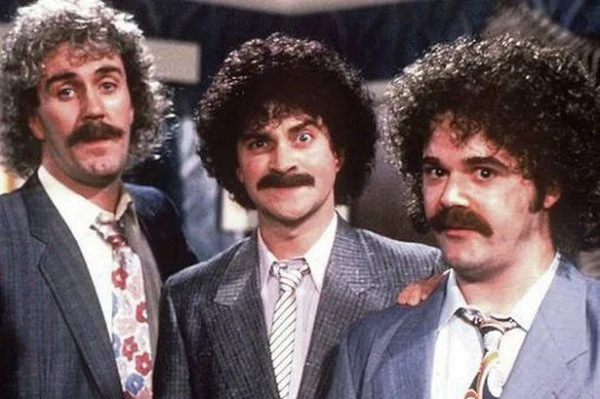
Inevitably, much of what Enfield achieved was based on stereotypes and though not remotely offensive in its time, would struggle to be accepted by today’s overly sensitive audiences. Drinking and smoking parents (The Slobs), a loud Yorkshireman (‘I say what I like and I like what I bloody well say’), and a trio of tracksuit-wearing Liverpudlians (The Scousers) all sporting curly wigs, large moustaches telling everyone to calm down would all likely suffer the wrath of the Twitter mob today. However, in its time Enfield’s programme was a runaway success. If catchphrase quotes are a measure of comedy sketch show success, Harry Enfield’s Television Programme must have hit a new high and all that have followed it owe a debt of gratitude to its creator. On this occasion, they did want to do it like that!
Seen this show? How do you rate it?
Seen this show? How do you rate it?
Published on September 5th, 2022. Written by Brian Slade for Television Heaven.


